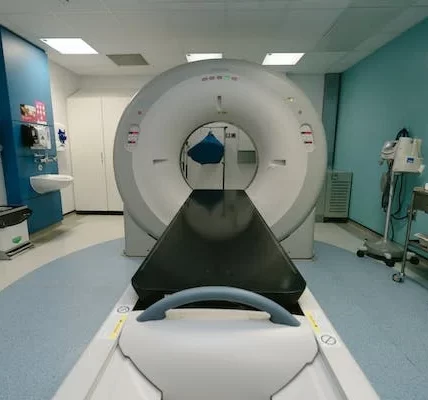Only 7% of Indian Doctors Aware of Recent Advances in Anti-Smoking Strategies: Reveals IMAPH Survey
In a groundbreaking survey conducted by the Indian Medical Academy for Preventive Health (IMAPH), prominent doctors in India underwent scrutiny regarding their knowledge and awareness of anti-smoking strategies. The findings revealed alarming gaps, with a mere 7% of doctors demonstrating awareness of recent advances in anti-smoking strategies. These revelations pose a significant challenge to the nation’s efforts in combatting tobacco addiction.
The survey, conducted among 200 doctors with a minimum of 3 years of experience, brought to light some eye-opening statistics. Cardiovascular disease emerged as the most common reason for patient visits at 12%, underscoring the urgent need for anti-smoking interventions.
Dr. Chandrakant S. Pandav, a distinguished Global Public Health Expert & Padma Shri Awardee, expressed concern, stating, “The survey sheds light on the key role doctors play in motivating smokers to quit, emphasizing the need for increased awareness and training in implementing advanced anti-smoking strategies. The findings of the survey are a wake-up call. We need to bridge the awareness gap among doctors to effectively combat tobacco harm.”
Key Findings of the Survey
· Doctor Awareness (7%): Only 7% of doctors claim
awareness of recent anti-smoking advancements.
· CVD (12%): Cardiovascular Disease dominates
smoking-related patient visits.
· Top Cessation Methods (28% & 26%):
Behavioural therapy (28%) and counselling (26%) rated most effective.
· Common Barriers (37%): Nicotine addiction (37%)
tops obstacles faced by smokers trying to quit.
· Low Alternative Recall (<10%): Less than 10%
of doctors recall alternatives like HNB and E-cigarettes.
· Effectiveness Over Cost: Doctors prioritise
effectiveness, ranking cost as the least crucial factor in recommendations.
The survey also highlighted that despite 78.5% of doctors regularly providing anti-smoking advice, there remains a significant lack of awareness of the most recent advancements in this field. Behavioural therapy (28%) and counselling/support groups (26%) were identified as the most effective methods for smoking cessation.
Dr. M Wali,Padma Shri, Past Physician, Three Indian Presidents & Senior Consultant, Medicine, Sir Ganga Ram Hospital alsounderlined the importance of healthcare providers being well-informed about the latest smoke cessation approaches, stating, “Effectiveness remains a critical factor in recommending cultural and region-specific methods to combat smoking, advocating the need for science-backed policy making to arm doctors with safer options against tobacco addiction.Therefore, doctors must stay abreast of the latest developments to offer the best guidance. It is crucial for effective tobacco control which are successfully practiced abroad.”
The survey study suggests that doctors should rigorously inquire about patients’ tobacco consumption at every visit. Additionally, novel alternatives like E-cigarettes and heat-not-burn products could play a vital role as substitutes in reducing the burden of tobacco addiction in India.
As the second-largest tobacco consumer globally, with 275 million users, India faces a significant challenge. The Global Adult Tobacco Survey data indicates that only 55.4% of smokers have ever considered or intended to quit, showcasing the urgent need for more effective anti-smoking strategies.
“In addressing the survey’s stark reality, Dr. J Kumar, Medical Advisor, IMAPH, emphasizes the urgent need for a united front against tobacco addiction. With only 7% of doctors aware of recent anti-smoking advancements, this signals not just a knowledge gap but a call for revolutionary change. Dr. Kumar sees the survey as a compass guiding us from awareness to action. Prioritizing effectiveness over cost and embracing innovative methods, such as behavioural therapy, can bridge the gap, propelling doctors to the forefront of a tobacco-free era in India.”
The research highlights the importance of science-backed policy making to empower doctors, researchers, and medical practitioners to explore and recommend safer options. By addressing the gaps in awareness and advocating for effective strategies, India can progress towards achieving the global voluntary goal of a 30% reduction in tobacco consumption by 2025.
The survey brings to the forefront the pivotal role of doctors in steering India towards a smoke-free future, underlining the urgency in equipping them with the necessary knowledge and tools to combat tobacco addiction effectively. The findings serve as a clarion call for action, urging stakeholders to collaborate for a smoke-free India.






